The Alfred Hitchcock Hour To Catch a Butterfly (1962–1965) Online
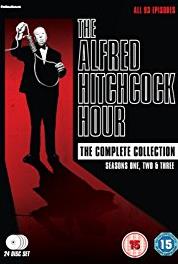
- Original Title :
- To Catch a Butterfly
- Genre :
- TV Episode / Crime / Drama / Mystery / Thriller
- Year :
- 1962–1965
- Directror :
- David Lowell Rich
- Cast :
- Alfred Hitchcock,Bradford Dillman,Diana Hyland
- Writer :
- Richard Fielder
- Type :
- TV Episode
- Time :
- 1h
- Rating :
- 7.9/10
At first, a childless young couple (Diana Hyland, Bradford Dillman) are thrilled to relocate for the husband's new executive job, and especially happy with their new home. Is the next-door neighbor boy's cruelty to them just a youngster rebelling against his blue-collar, strict father (Ed Asner) ? The husband's empathy for the boy drives a dangerous wedge into their marriage.
| Episode cast overview: | |||
| Alfred Hitchcock | - | Himself - Host | |
| Bradford Dillman | - | Bill Nelson | |
| Diana Hyland | - | Janet Nelson | |
| Edward Asner | - | Jack Stander | |
| June Dayton | - | Barbara Stander | |
| Than Wyenn | - | Dr. Burns | |
| Clegg Hoyt | - | Trucker | |
| John Newton | - | The Policeman | |
| Andy Romano | - | The 2nd Fireman | |
| John Pickard | - | The 1st Fireman | |
| Mickey Sholdar | - | Eddie Stander |

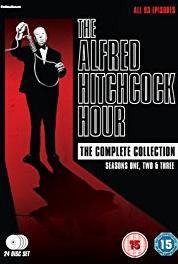
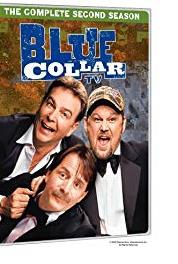
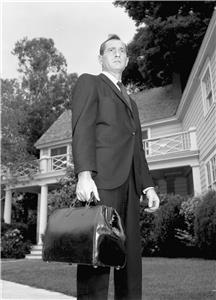
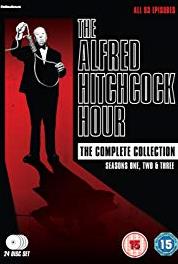
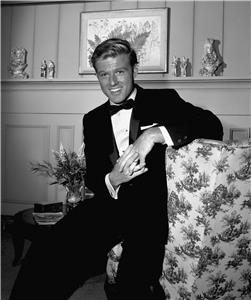
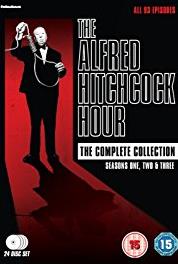
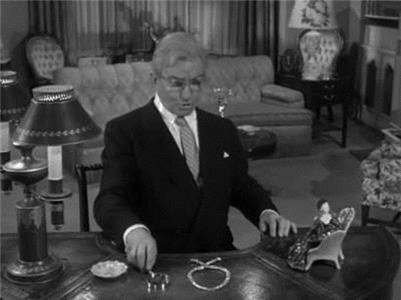
User reviews